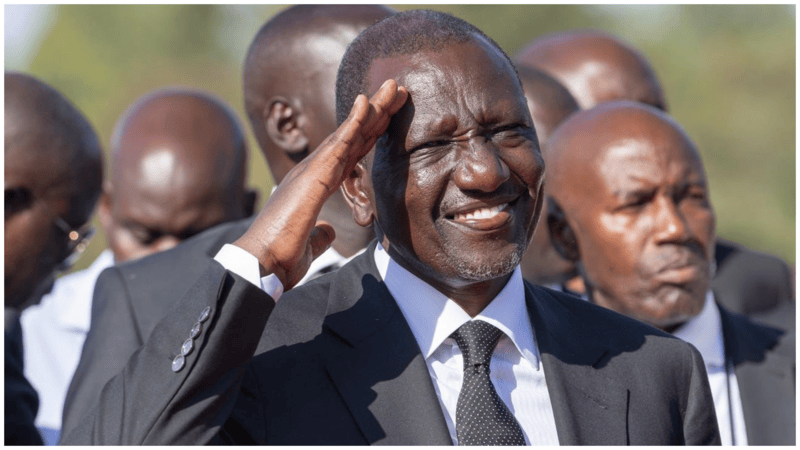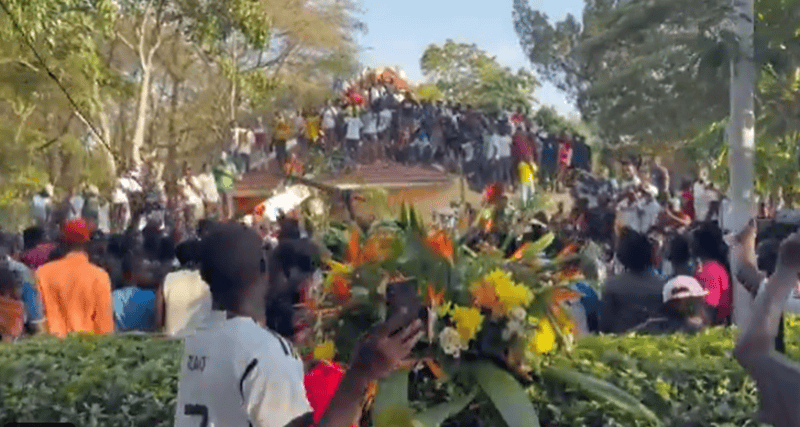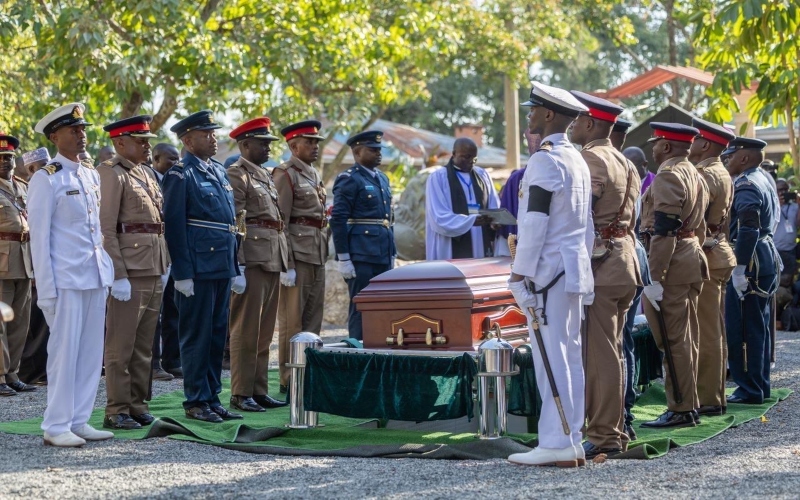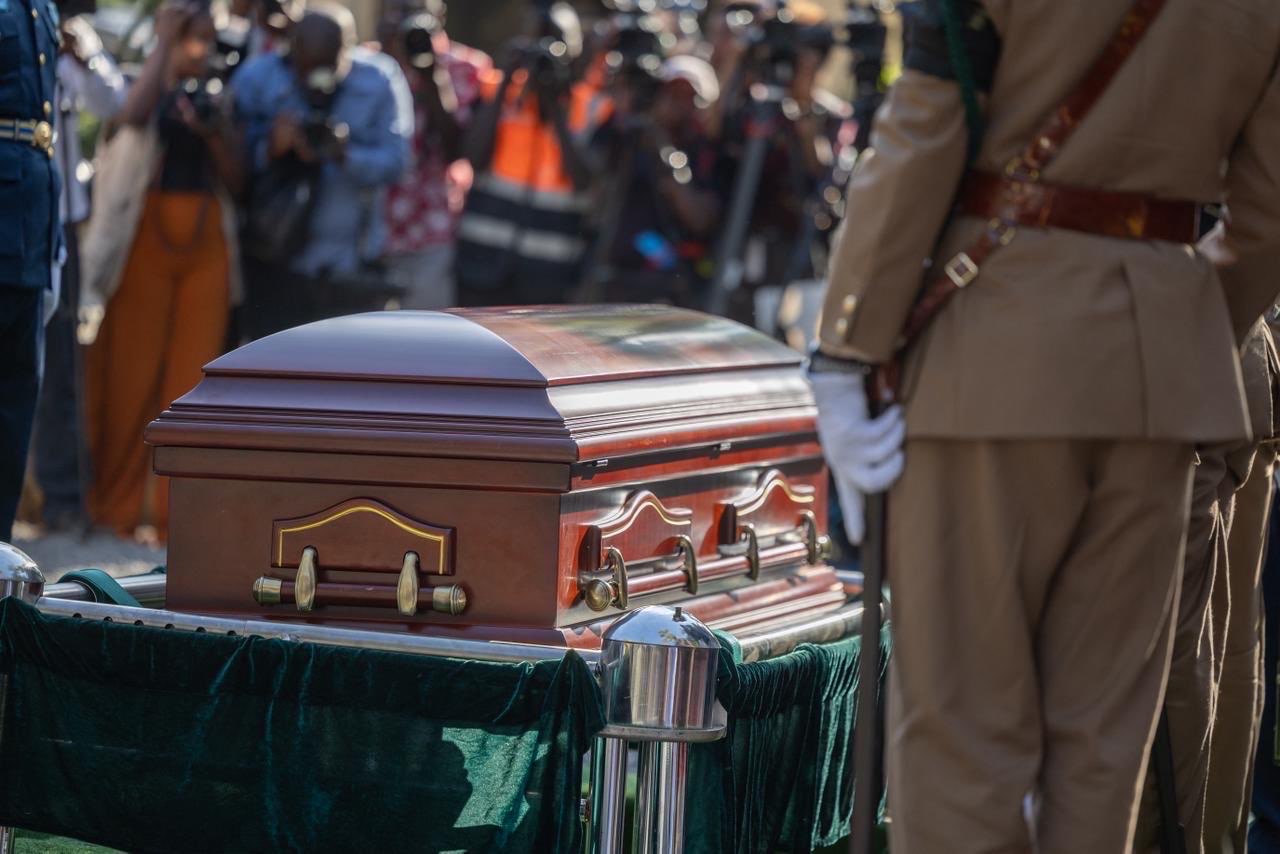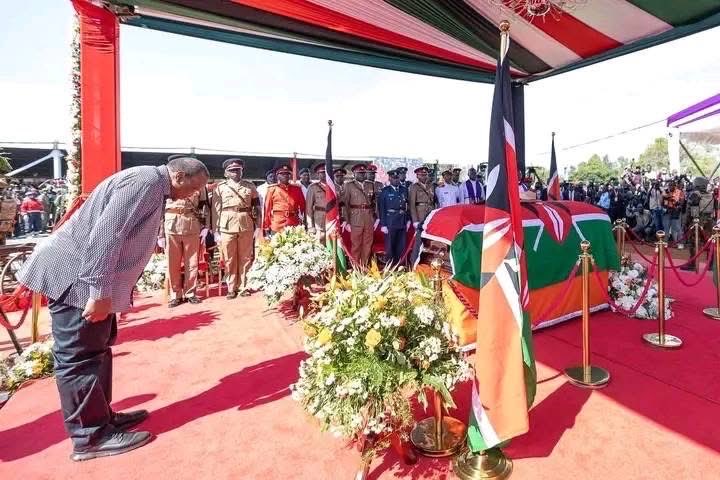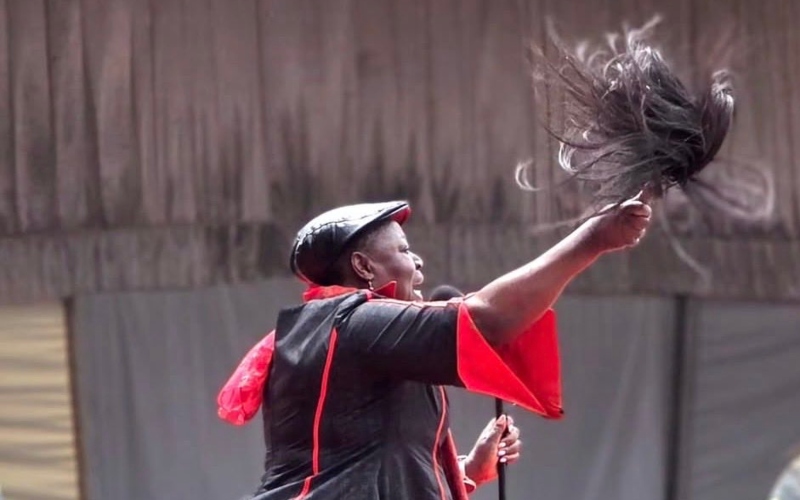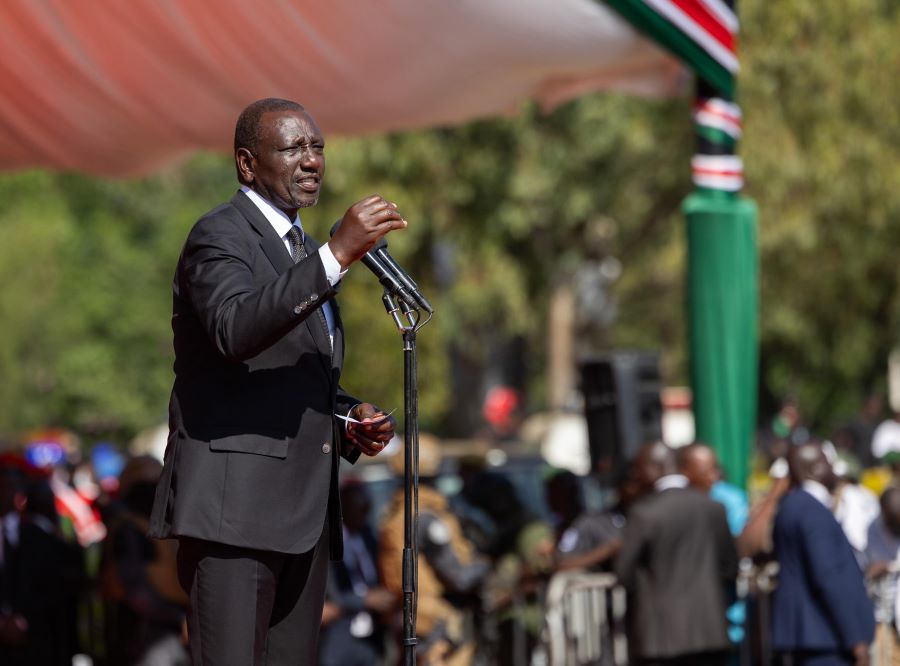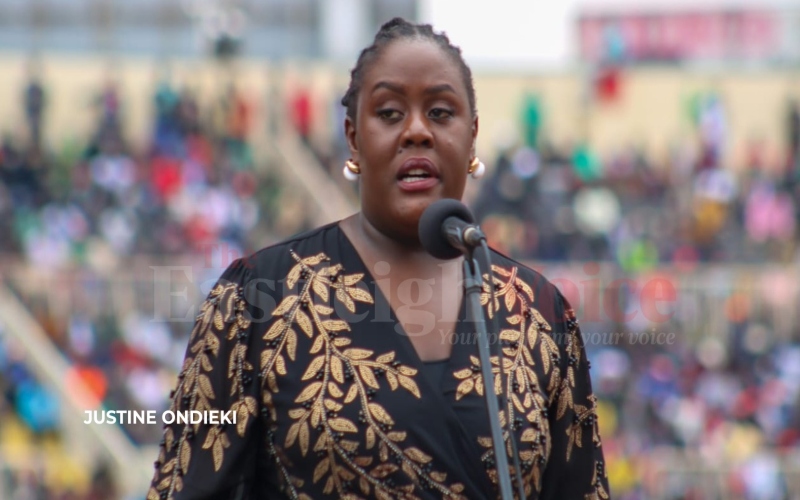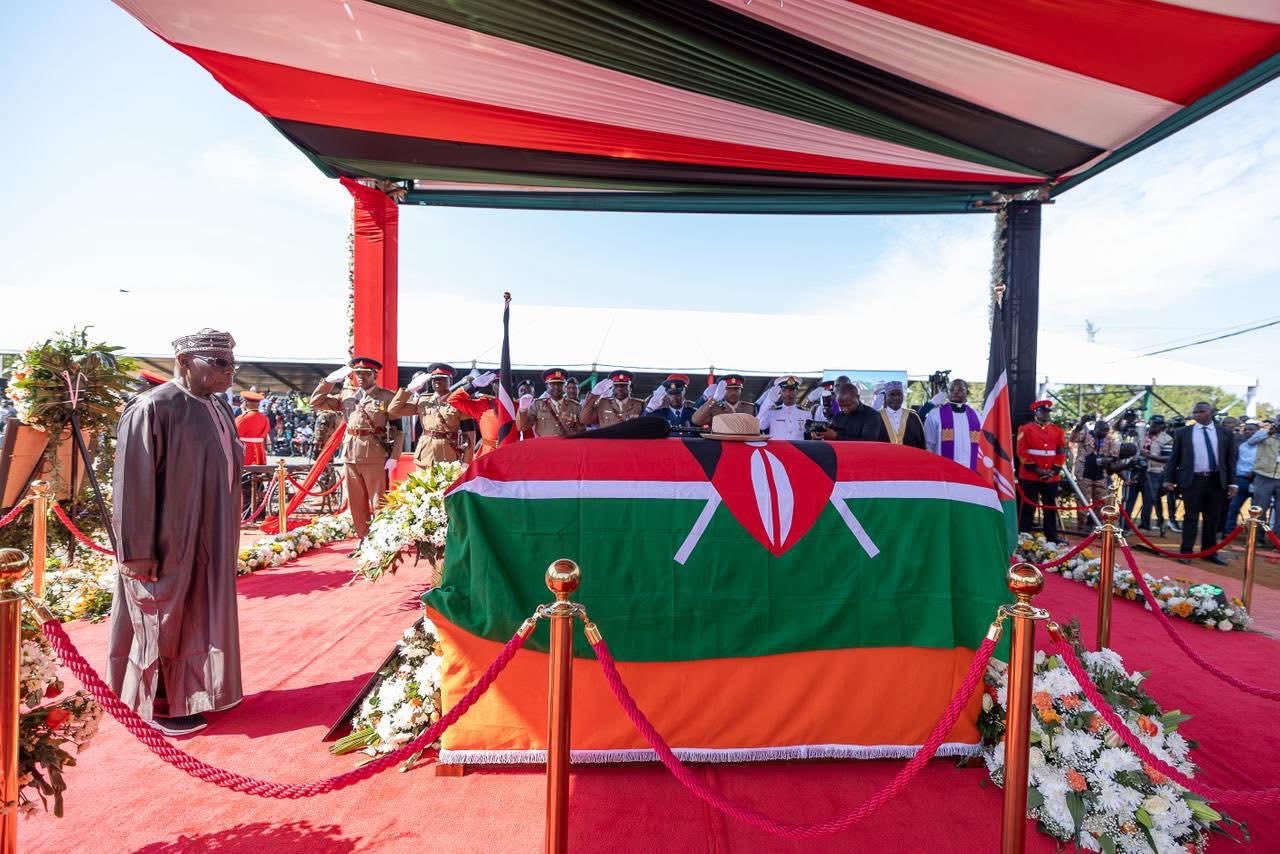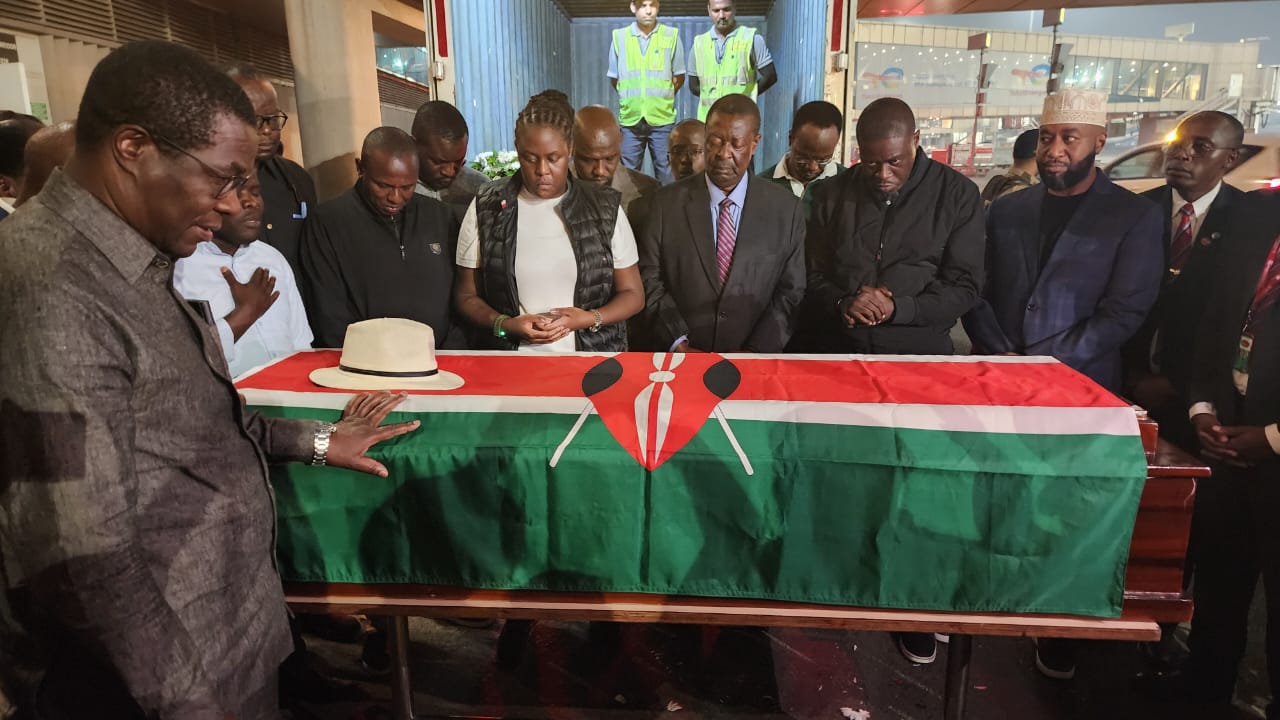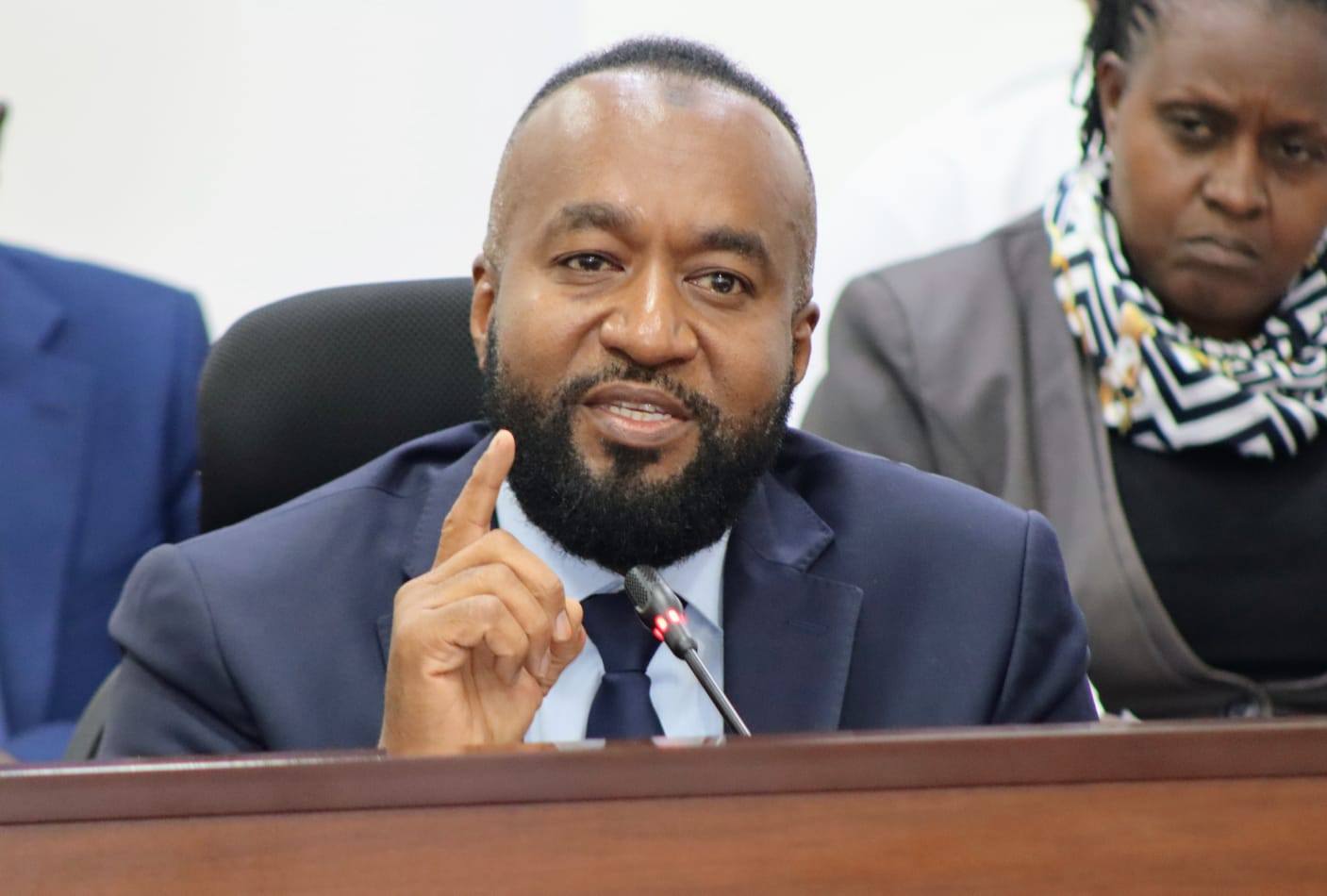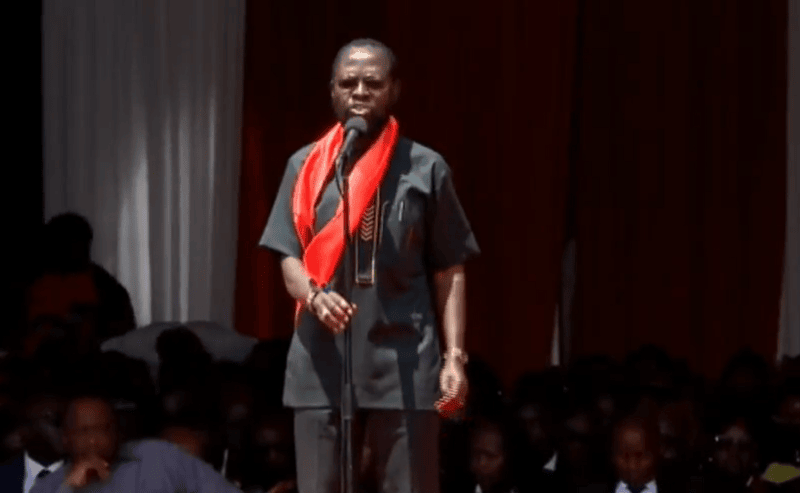Abduction crisis: Speaker Kingi rejects request for special sitting by Nyandarua Senator
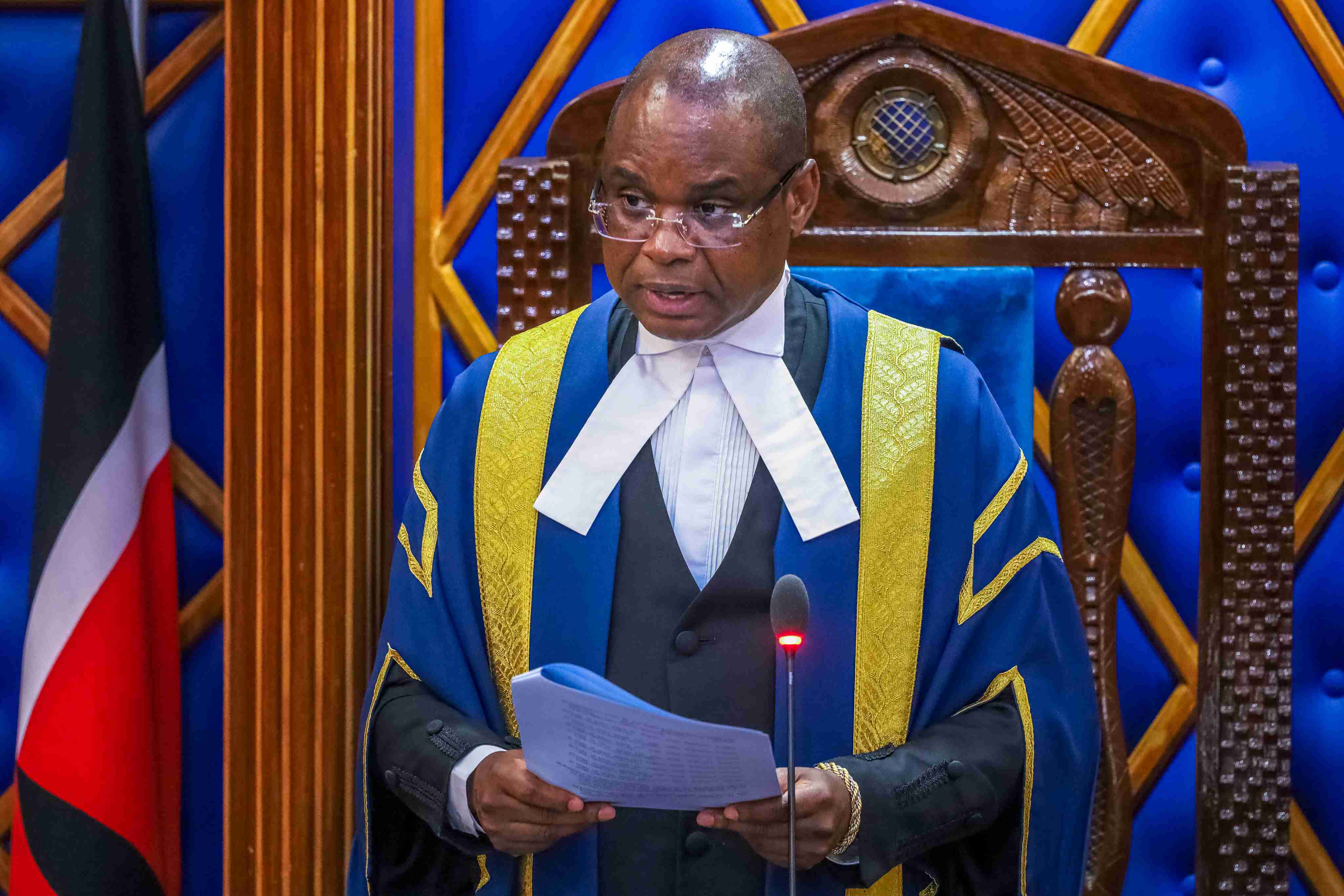
Senator Methu had sought the convening of a special sitting to address the growing issue of forced abductions and disappearances across the country.
Senate Speaker Amason Kingi has rejected a request for a special sitting made by Nyandarua Senator John Methu, citing a failure to meet the required constitutional procedures.
In a letter dated January 7, 2025, Kingi informed Methu that his request, which was submitted on December 27, 2024, did not fulfil the necessary conditions outlined in the Senate Standing Orders.
More To Read
- Blogger Ndiangui tells court DCI yet to return his laptops, phones and passport
- Senate uncovers severe neglect, mismanagement at Busia County Referral Hospital
- Border counties press Senate for extra resource allocation, revenue control
- Teen who breached Parliament, claiming to be President Ruto’s son, freed
- Senator Tabitha Mutinda appointed to global board on World Bank, IMF
- Senate sets stage for tough action against counties with undeclared bank accounts
Senator Methu had sought the convening of a special sitting to address the growing issue of forced abductions and disappearances across the country.
The Senator argued that the surge in these incidents represents a serious violation of fundamental human rights, particularly the rights to freedom of expression, association, and the right to life and security.
In his letter to Speaker Kingi, Methu pointed out that the rising cases of abductions had become a critical national concern that warranted immediate legislative attention.
“This matter has raised deep national concern as it infringes on the fundamental human rights and freedoms enshrined in our Constitution, including the freedom of expression, association, and the right to life and security,” Methu wrote.
The Senator also expressed alarm at what he described as “alarming admissions” from the Kenya Police Service and the Directorate of Criminal Investigations (DCI), both of whom have denied any involvement in the abductions.
According to Methu, this denial suggests the existence of an organised criminal syndicate operating independently of the police leadership, targeting individuals who are critical of the government.
“This syndicate appears to target and silence critics of the current administration,” he said, calling on the Senate to push for immediate government intervention to stop these illegal practices.
Methu urged the Senate to not only raise the issue in a special sitting but also to adopt actionable recommendations aimed at safeguarding citizens from such violations in the future. He emphasised the urgency of the situation, stressing the need for the government to take decisive action to protect the rights and freedoms of all Kenyans.
“This House must take the necessary steps to demand immediate action by the Government to stop these illegal and unconstitutional practices,” Methu added.
However, in response, Speaker Kingi clarified that the request for a special sitting did not meet the conditions set out in Standing Order 33(1) of the Senate Standing Orders.
This provision requires that a request for a special sitting must come from either the Senate Majority Leader or the Senate Minority Leader, and it must be supported by at least 15 Senators. And since Methu’s request did not fulfil these requirements, Speaker Kingi was unable to grant the sitting.
“A request for a special sitting should originate from the Senate Majority Leader or the Senate Minority Leader, and a request for a special sitting is to be supported by at least fifteen Senators,” Kingi said.
Abduction crisis
The Senator’s appeal follows a growing public outcry over the abductions, with human rights organisations and activists demanding transparency from the government.
His call for a special sitting was further prompted by the recent return of four youths who had been abducted in the past month.
Billy Mwangi, Peter Muteti, Bernard Kavuli, Rony Kiplagat and Kibet Bull were all found after being abducted, though three other individuals remain missing.
Billy Mwangi, who had been missing for about 15 days, made his way back to his home in Embu after being abandoned in Nyeri, approximately 60 kilometres away. His family has linked his abduction to his outspoken criticism of the government, although the exact perpetrators remain unclear.
Similarly, Muteti was released by his abductors in Nairobi and managed to return home. He had been abducted on December 21, 2024, after making social media posts that were critical of the government.
The rise in forced abductions and disappearances has left many families living in fear, particularly as the identities of the perpetrators remain unknown and many victims are still unaccounted for.
The trend has sparked concern not only among human rights advocates but also among the general public, who are increasingly worried about the safety of their loved ones.
Human rights groups have vowed to hold protests, demanding the government’s accountability and transparency in addressing the issue of forced disappearances.
Top Stories Today
